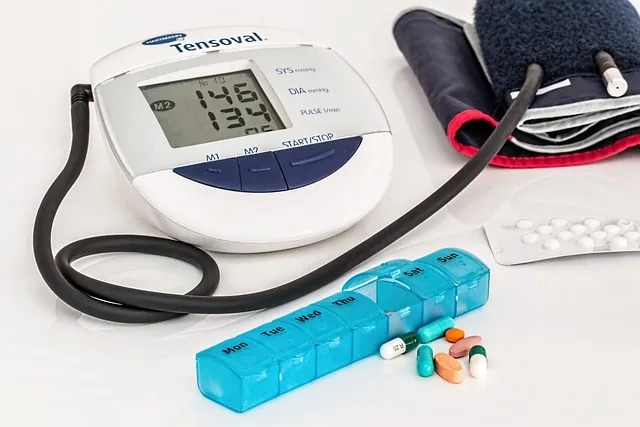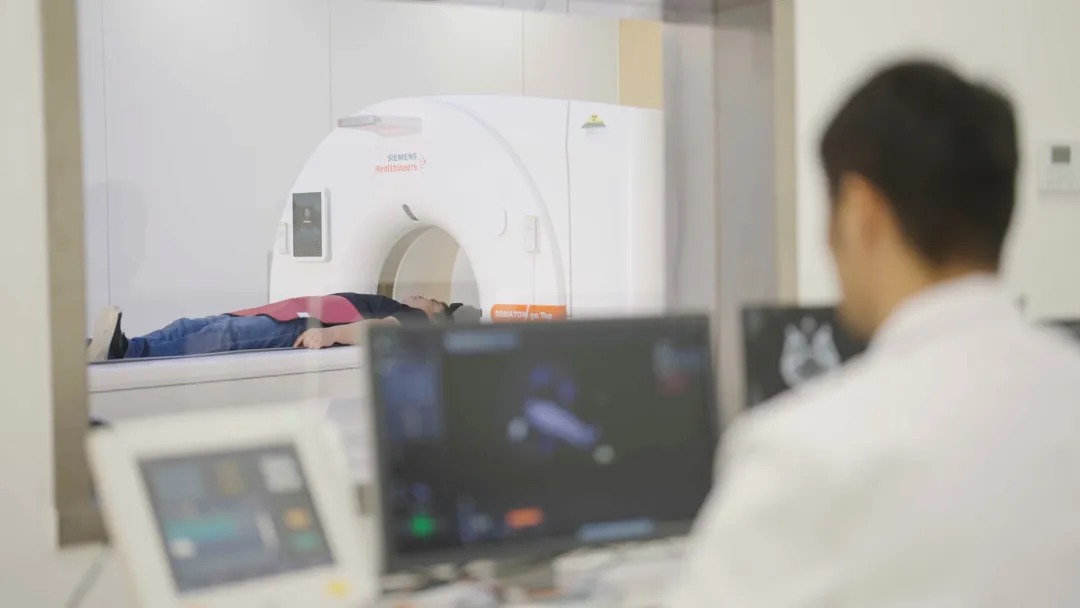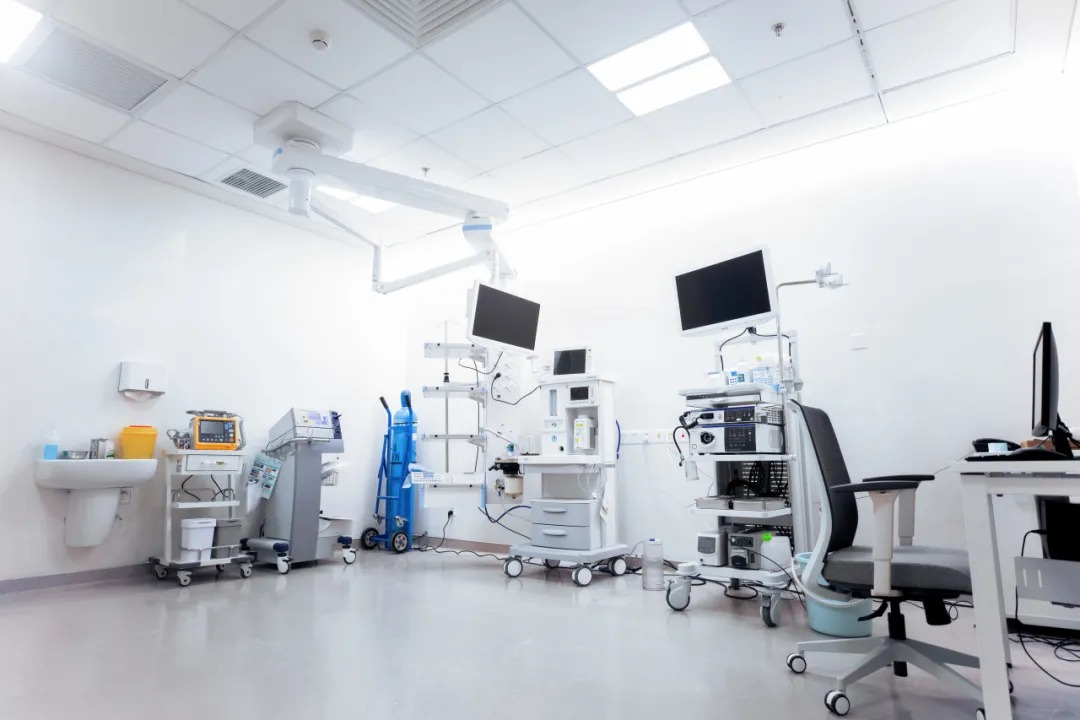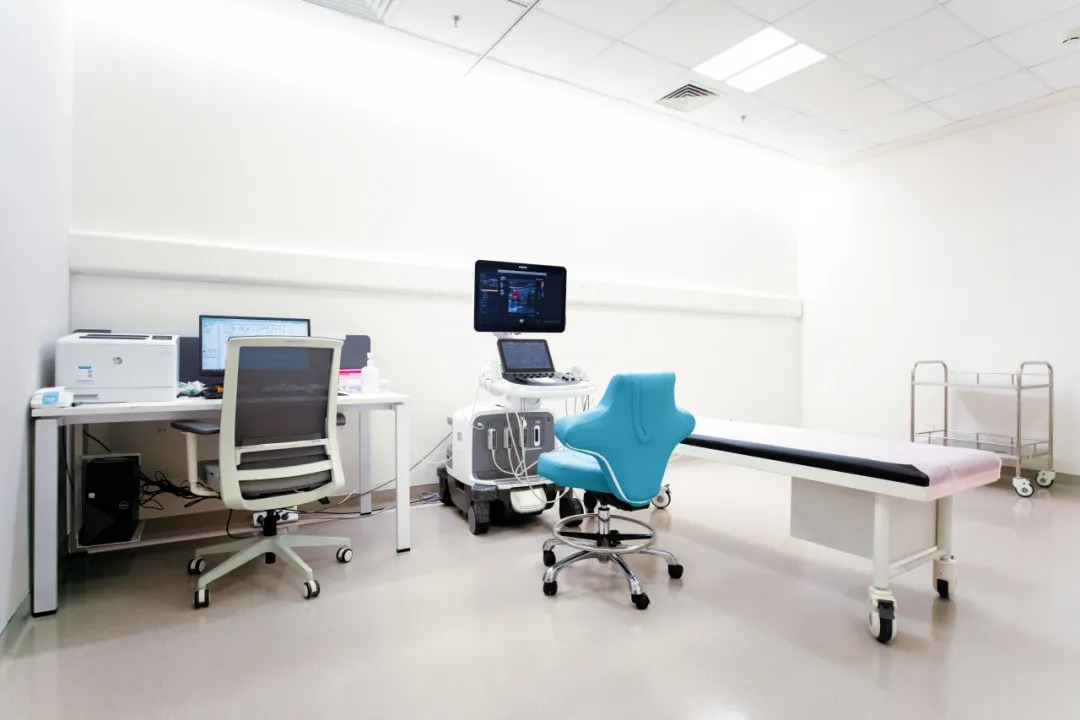Why do people have regular check-ups every year, yet still find out their cancer is at an advanced stage?
In hospitals, it is common to hear patients and their families asking, "Why is it that despite having regular check-ups every year, the cancer is already in the advanced stages when it's finally discovered?" This question troubles many people and forces us to reconsider the significant difference between routine check-ups and early cancer screening.
First, let's understand the limitations of routine check-ups. Regular check-ups mainly assess the general health status of the body, including tests such as blood tests, urine tests, liver function, kidney function, and electrocardiograms (ECG). These examinations are primarily designed to detect common chronic diseases, such as hypertension, diabetes, and high cholesterol. However, when it comes to early cancer detection, routine check-ups often fall short. In the early stages of cancer, there may be no obvious symptoms, or the symptoms can be very mild and easily overlooked. Additionally, the items included in routine check-ups are not specifically targeted for early cancer screening, making it difficult to detect the presence of tumors.

The Necessity of Cancer Prevention Check-ups
In contrast, cancer prevention check-ups are particularly important.
According to a World Health Organization survey, one-third of cancers can be prevented, one-third of cancers can be cured if detected early, and one-third can be treated to relieve pain and extend life. Many malignant tumors are often asymptomatic in their early stages, and only when the tumor presses on normal tissues and affects the body’s functions do symptoms appear, by which time the disease is often in the middle or advanced stages.
Cancer prevention check-ups are screenings specifically designed for cancer, which can select corresponding tests based on different types of cancer to improve early detection rates. These check-ups focus on high-risk groups, such as those with a family history of cancer, long-term smokers and drinkers, or individuals who have been exposed to harmful substances. Generally, the chances of curing advanced cancer are slim, while the probability of curing cancer in its early stages is much higher. Therefore, through cancer prevention check-ups, early signs of cancer can be detected, allowing for early treatment and precious time to be gained, while achieving better treatment outcomes at a lower cost.
What are the Early Cancer Screening Programs?
Lung Cancer – Low-Dose CT Scan
The traditional method for lung cancer screening is X-ray examination, commonly known as a chest X-ray. However, a chest X-ray can only detect nodules larger than 1 centimeter. In contrast, a low-dose spiral CT scan has a higher resolution, allowing tumors as small as 1 centimeter, or even 0.8 centimeters, to be detected. Additionally, it involves less radiation, which has a minimal impact on the body.
Target Population: Individuals aged 50–74 years, with a history of second-hand smoke exposure, environmental smoke exposure, smoking ≥20 pack-years (smoking 20 cigarettes a day for 20 years), long-term exposure to occupational carcinogens such as radon, arsenic, beryllium, chromium, cadmium, asbestos, or those with a family history of lung cancer in direct relatives, should undergo an annual low-dose spiral CT scan. [1]

Gastric Cancer – Painless Gastroscopy
Gastroscopy is the most common examination method for esophageal, gastric, and duodenal diseases. It can detect gastrointestinal ulcers, inflammation, tumors, identify the source of gastrointestinal bleeding, and help in early detection of precancerous lesions.
Target Population: Individuals aged 45–74 years who have conditions such as atrophic gastritis, gastric tumors, or gastric ulcers, and any positive result from urea breath tests, serum Helicobacter pylori antibodies, or stool H. pylori antigen tests. Those with a family history of gastric cancer in first-degree relatives, as well as individuals with long-term poor dietary habits (such as smoking, drinking, or frequently consuming pickled foods), should be considered for screening [2]. High-risk individuals for gastric cancer should undergo endoscopy every 5 years, and those with other gastric diseases may need more frequent screenings as advised by their doctor [2].
Colorectal Cancer – Painless Colonoscopy
Ninety percent of colon cancer cases develop from polyps, and it takes about 10 years for polyps to progress to cancer. During this process, if polyps are detected early and removed, subsequent follow-up can effectively prevent the occurrence of colorectal cancer.
Target Population: Individuals aged 40–74 years with a family history of colorectal cancer in first-degree relatives, a history of intestinal adenomas, long-term (8–10 years) unresolved inflammatory bowel disease, or a positive result in a fecal occult blood test. Routine screening should be done with a colonoscopy every 5–10 years. If no abnormalities are found, the interval for follow-up colonoscopy can be extended to 10 years [3].

Liver Cancer – Alpha-Fetoprotein + Liver Ultrasound
Alpha-fetoprotein (AFP) is a tumor marker that only increases when liver disease is present. It is one of the routine indicators for the clinical diagnosis of primary liver cancer. However, it is important to note that relying solely on AFP screening may result in some missed diagnoses. The combination of liver ultrasound and serum AFP testing is the preferred method for early diagnosis of liver cancer.
Target Population: Individuals with viral hepatitis, fatty liver, liver cirrhosis, those exposed to excessive aflatoxin, and those with a family history of liver cancer.

Breast Cancer – Breast Ultrasound
In China, breast cancer is the most common malignant tumor among women. Breast ultrasound has the advantages of being non-invasive, radiation-free, easy to operate, and cost-effective. It can accurately differentiate between cystic and solid breast lumps and detect nodules or lumps that are larger than 5 mm.
Target Population: Women with a family history of breast cancer in first-degree relatives; those with a history of chest radiation; women diagnosed before the age of 40 with a history of lobular carcinoma in situ, atypical ductal hyperplasia, or atypical lobular hyperplasia.
Beijing Gobroad Hospital Cancer Early Screening Package
Beijing Gobroad Hospital is a research-oriented hospital with a strategic focus on the diagnosis and treatment of complex and critical illnesses, clinical research, and the industrial transformation of biomedicine and medical devices. The hospital specializes in solid tumors, lymphoma, and brain science, and has gathered a team of high-level clinical research experts. It is dedicated to helping the public detect early-stage cancer as early as possible to achieve potential cures.
To this end, the hospital has launched a professional cancer early screening package. During the screening process, doctors conduct one-on-one consultations and assessments to select the appropriate screening tests. Following this, specialized oncologists interpret the test results and provide scientific prevention and treatment recommendations.

Pay attention to your health, actively undergo screenings, achieve early detection, promote early treatment, and embrace a healthy life. Don’t let the tragedy of “annual check-ups but still discovering cancer in its late stages” happen again.















